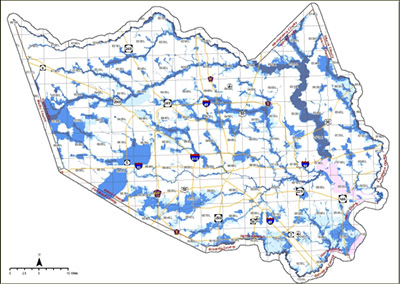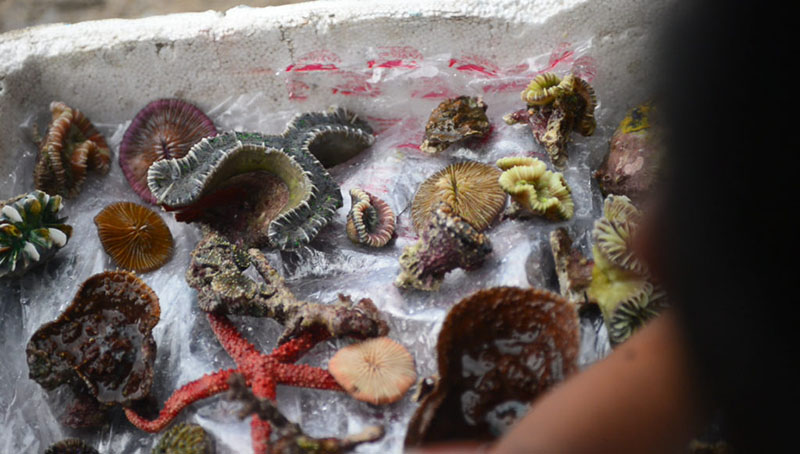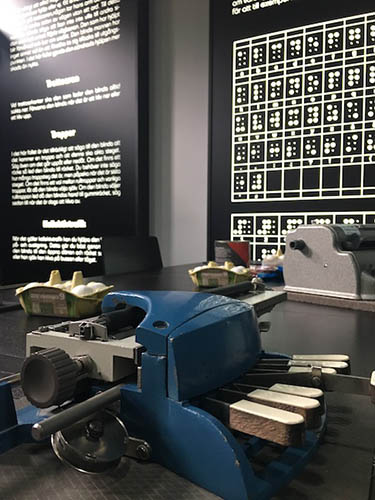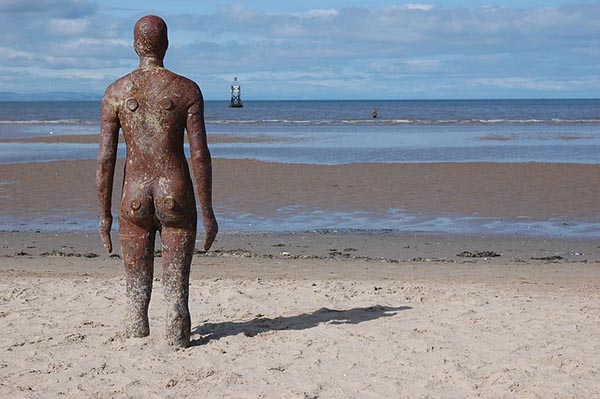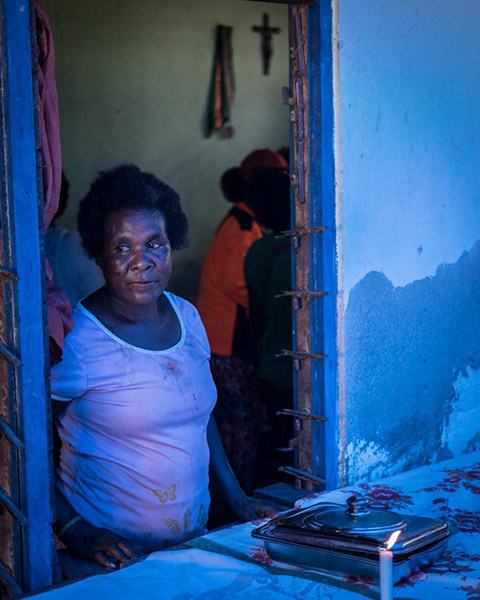
Order and Adat in the Forests of West Papua
Papua is Indonesia’s poorest and least populated region, but, as they say, rich in natural resources. It is developing quickly in the era of pemekaran, an Indonesian word that literally translates as “blossoming,” or “subdivision”. It describes the rapid proliferation of local government institutions that is happening throughout Indonesia, penetrating regions that just a decade ago were totally bereft of infrastructure or public services (McWilliam 2011). Even in the few months that I have spent researching in the district of Tambrauw, on the Bird’s Head of New Guinea, I’ve watched the pipes being laid and the roads being built, slowly reaching out from the main coastal town to the mountainous interior. Throughout the rural regions of Papua, development and pemekaran are more or less synonymous, people seem to want it, and it’s happening quickly. (read more...)

